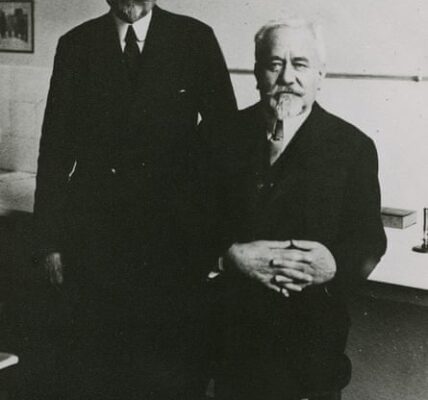
Researchers observed brain activity in dogs when they were presented with common objects such as balls, slippers, and leashes, indicating that they comprehend the meaning behind certain words. This implies that dogs possess some level of understanding of human language.
The discovery indicates that dogs are capable of understanding more than simple commands like “sit” and “fetch”, as well as words that excite them, such as “walkies”. They are also able to grasp the meaning of nouns that pertain to things they are interested in.
“I believe that all dogs possess the ability,” stated Marianna Boros, who assisted in organizing the experiments at Eötvös Loránd University in Hungary. “This alters our perspective on the evolution of language and our perception of what sets humans apart.”
Researchers have been intrigued by the notion of whether dogs possess the ability to comprehend language and have accumulated some proof to support this theory. The results of a study conducted in 2022 revealed that dog owners perceived their pets to react to a range of 15 to 215 words.
In 2011, researchers in South Carolina discovered added proof of dogs’ cognitive abilities through a border collie named Chaser. After three years of focused training, Chaser was able to learn over 1,000 specific names, such as 800 cloth toys, 116 balls, and 26 Frisbees.
Studies have not provided much information about the process that occurs in a dog’s brain when it is understanding words. In order to investigate this phenomenon, Boros and her team asked 18 dog owners to bring their dogs and five familiar objects to the lab, such as balls, slippers, Frisbees, rubber toys, and leads.
During the experiment in the laboratory, the individuals in charge were directed to verbally identify objects before presenting either the correct item or a different one to their dog. This involved stating words such as “Look, here’s the ball”, while holding up a different object like a Frisbee. The procedure was repeated multiple times using both matching and non-matching objects.
Throughout the experiments, scientists observed the brain function of the canines using non-intrusive electroencephalography (EEG). The EEG recordings showed varying activity patterns when the objects aligned or conflicted with the verbal cues given by their owners. These differences were particularly noticeable for words that owners believed their dogs were most familiar with.
Similar blips in EEG recordings were seen when humans performed the tests and were interpreted as people understanding a word well enough to form a mental representation that was either confirmed or confounded by the object they were subsequently shown.
In the journal Current Biology, the researchers report that their findings are the first to demonstrate neural evidence of object word knowledge in a non-human animal.
Boros clarified that she was not suggesting dogs have the same level of understanding of language as humans. More research is needed to determine if dogs are capable of generalizing like infants and comprehending that the term “ball” does not always refer to a specific, heavily chewed toy.
The research brings up the dilemma of why, although some dogs comprehend specific names, many do not demonstrate this ability. One potential explanation could be that a dog comprehends the meaning of a word, but does not feel compelled to take action based on it. For instance, Boros stated, “My dog is only interested in his ball. If I offer him another toy, he shows no interest.”
The study was praised by Dr Holly Root-Gutteridge, a postdoctoral researcher at the University of Lincoln, who described it as “fascinating”.
According to her, this is especially fascinating because she doubts it originated during domestication. Therefore, it could be prevalent among all mammals, making it quite thrilling as it offers a fresh perspective on the evolution of language.
The dogs may not be interested enough in playing fetch with the object we have been using in our training and testing methods. Your dog may comprehend your commands but may decide not to follow them.
Source: theguardian.com



